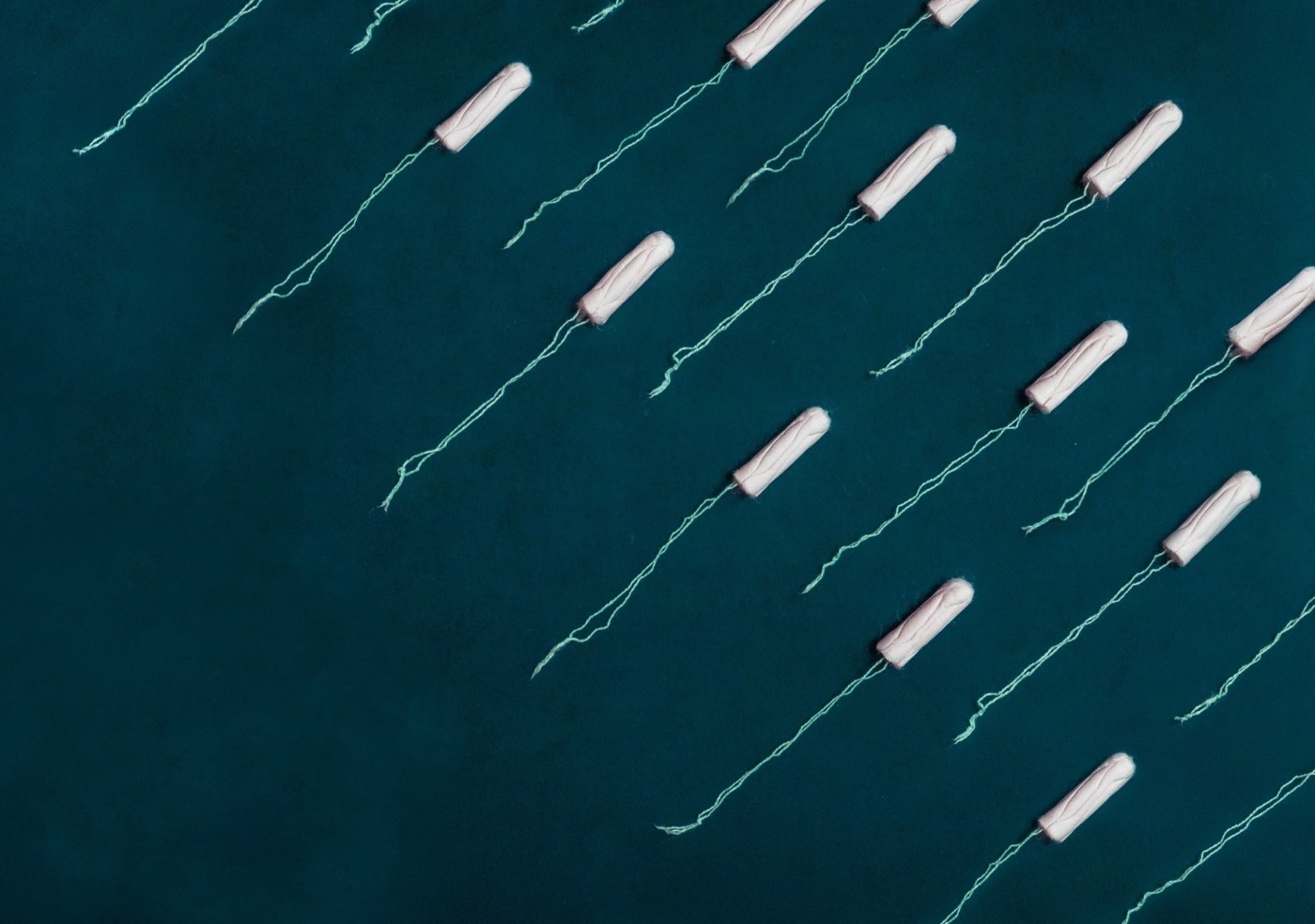Period poverty: have we really improved?
Surviving, not living: that is the case across the UK as millions in this cost-of-living crisis are compelled to sacrifice basic hygiene necessities in exchange for food and gas.
Despite schemes in schools and universities in place to offer free sanitary products, the focus on period poverty has been blurred when looking at adults who struggle. Covid-19 exposed this ongoing issue as, according to charities, “the number of packs it gave out had risen about five-fold” due to the inaccessibility of products, people bulk buying the cheaper options, and the limited finances of those without work during lockdown.
We would think, given the example Scotland has set by making period products completely free for all in 2018, that we would be sure to follow suit and improve the accessibility for such a necessary hygiene product. Unfortunately, today in 2023 still more than 1 in 5 people face such extreme poverty that denies them the financial access to purchase period products in the UK. An ActionAid poll found that within a year during this cost-of-living age we are currently experiencing, the number of UK women and people who menstruate struggling to afford period products has risen from 12% to 21%.
From 8% of those affected being forced to re-use their disposable pads, to a shocking 41% having to keep their tampons in for longer and 13% resorting to using socks and clothing, this is an issue which needs addressing to stop these last resorts.
Prioritising everyday necessities is something no one should have to do. When asked, individuals stated that they needed to prioritise food (60%), electricity and gas (48%) and many sacrificed their own period products for the products needed by their children (24%).
The rise in energy prices proves to be the most influential factor; The Office for National Statistics (ONS) states that 93% of adults reported an increase in their living costs compared with a year ago, with poorer households disproportionately affected. This indicates a cycle of perpetual poverty coming from numerous areas, placing people in impossible situations as they attempt to grapple with the increased prices for energy, food and amenities – all of which are suffocating them.
Although the increased awareness surrounding the issue has prompted government action such as free menstrual product initiatives and distribution in schools and some workplaces, there remains to be minimal progress or dent in tackling the actual severity of period poverty in the UK. Even in 2023, the consequences for those affected remain the same or worse. This economic, physical and emotional burden carried by individuals affected needs to be taken seriously.
The most severe impact of menstruation on educational outcomes is a topic that deserves our attention, as an estimated 137,000 children currently across the UK have missed school due to a lack of period resources (Royal Nursing College). For individuals who menstruate, the need to miss school due to menstruation can significantly disrupt their educational journey, potentially compromising their future prospects and academic performance. This predicament not only hampers their career opportunities but also erodes their self-esteem and mental health, thereby contributing to a vicious cycle of poverty and diminished social mobility.
Beyond education, however, another serious issue is that of improvised menstrual products which increase the risk of infections and health issues such as toxic shock syndrome and bacterial vaginosis. A concerning 13% of individuals suffering from poverty have resorted to makeshift substitutes such as socks, newspapers, and cotton wool for their essential hygiene needs. This underscores the urgency for action in tackling period poverty, as such substitutions pose a significant health risk to those affected.
The time for change is now. We must address this pressing issue head-on with a collaborative approach comprising the government, charitable organizations, and society to ensure that period poverty is eradicated for everyone.
SOURCES:
UK Period poverty rises from 12 to 21% | ActionAid UK
Period poverty: Rise in free sanitary products needed in lockdown – BBC News

Comments